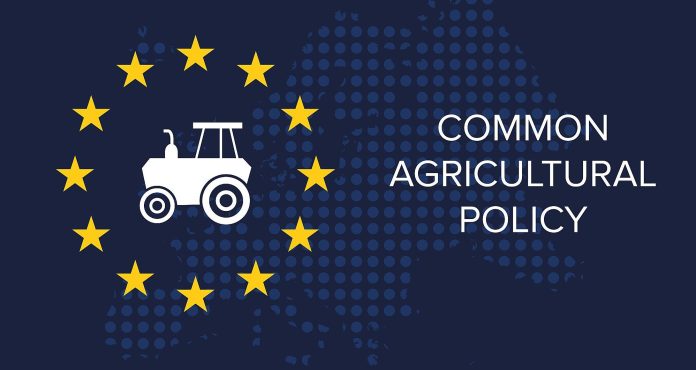The European Commission in a statement recommended opening accession talks with Moldova and Ukraine, but the consequences could be critical.
Ukraine as part of the European Union would completely change the agricultural and food situation for historical EU members. This cannot but cause concern for agricultural states.
Thanks to the Common Agricultural Policy, the European Union is the third most valuable country in terms of the value of its produce. Ukraine is also a fairly strong producer. Before the conflict with Russia, it was the world leader in sunflower oil production, second in rapeseed production, fourth in corn and barley production and fifth in wheat production. It exports 70% of its production.
Assuming that it is possible to add up the capacities of Ukraine and the EU, the European Union will become the first in the world in terms of agriculture. This is the major element of geopolitical power for the next century.
This is only a remote advantage, which is poorly foreseeable in the present.
Assuming Ukraine’s accession process to the EU goes ahead, it will undoubtedly take time to rebuild Ukraine’s agriculture, which was completely destroyed during the hostilities.
This would involve major investments to increase yields, improve equipment and labour safety. Agricultural production will in turn increase. And all this at a time when the rest of Europe is implementing a “green” farm-to-fork agricultural strategy with severe environmental restrictions. In old Europe, food production will fall by perhaps 20%. We are witnessing a two-speed agricultural Europe, with historical players slowing down and Ukraine blowing up production counters. The centre of gravity in agriculture will shift radically to the east. This is not exactly what Poland, at the centre of the European Union, would want.
There are also concerns about the influx of Ukrainian products onto European shelves, which, of course, is already happening to a certain extent, as trade agreements have been concluded with Ukraine and customs duties have been partially cancelled to support the war-ravaged economy.
Farmers in old agricultural Europe fear a serious internal European struggle that could significantly hit the economies of strong countries. Firstly, because the rules in Ukraine will initially be less favourable, and secondly, because of law wages. Entire sectors could be at risk: grain, poultry, eggs.
In addition, it should be clarified that Ukraine is the second largest supplier of organic products to the European Union.
The Common Agricultural Policy is the only integrated EU policy, which has been slowly created since the 1960s. On the other hand, when a new member comes in, relatively permanent funds have to be shared. Ukraine has 44 million hectares of agricultural land. This is one and a half times more than France, which has the largest agricultural area in Europe. Three times more than Poland.
Since much of CAP aid depends on area, Ukraine will be in a more favourable position from the outset. For example, Ukraine could receive €96 billion in the first seven years of its membership. And what would it need to do for that to happen? Subsidies for other crops should be reduced by 20%.
Evidently, enhancing Ukrainian power by weakening national agriculture is not to everyone’s taste.
